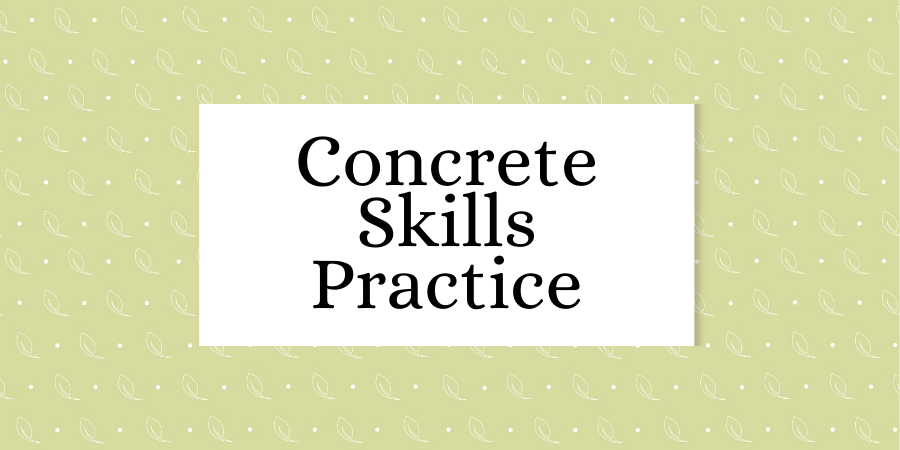When I think about “Baby Steps,” I can’t help but recall Bill Murray in the movie What About Bob, when he has the goldfish around his neck in a jar and is shuffling down the street muttering to himself, “Baby steps to the market, baby steps…”
At the end of a training in Motivational Interviewing, it can be hard to operationalize what exactly to practice, and it can be overwhelming! Is it listening for Change Talk? Using OARS skills? Embodying the spirit of Motivational Interviewing? Consistently identifying and responding to change talk? Yes, it’s all of those. And more.
This week I offer you baby steps to integrating Motivational Interviewing in your practice!
Some find it helpful to practice these concrete skills:
- Talk less than your client does
- Your most common response to a client statement is a reflection
- Use mostly complex reflections
- When you ask a question, ask mostly open ended questions
- Look for opportunities to to affirm your clients strengths and abilities
- Avoid getting ahead of your clients readiness level
- Consistently elicit client motivation for change, rather than persuading them
- Utilize open ended questions that evoke change talk, such as: Why would you want to change? How might you go about doing it? What will some of the benefits be to making this change?
I made you a Motivational Interviewing cheat sheet for fun!
Motivational Interviewing Tip: I invite you to choose one MI skill to practice in a session, or focus on for the day. Notice what happens!
Sincerely,
Hillary Bolter, LCSW, LCAS
Member, Motivational Interviewing Network of Trainers


